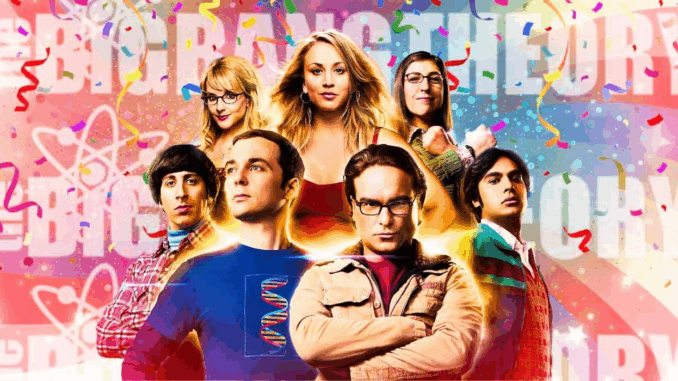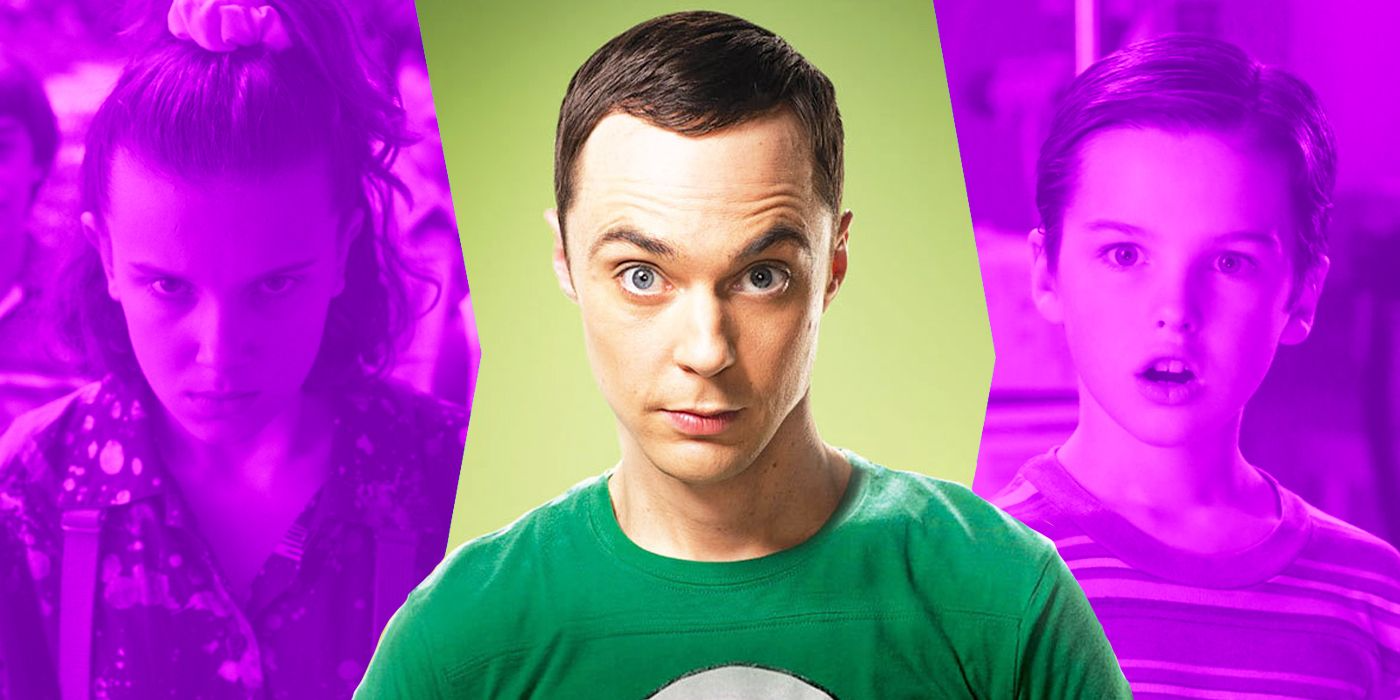
The Big Bang Theory may have ended in 2019, but its impact on television and pop culture continues to be felt. The series, which ran for 12 seasons and became one of the most-watched sitcoms of all time, broke barriers by portraying nerd culture and intellectualism in a mainstream, relatable way. It celebrated the lives of four socially awkward scientists and their interactions with the outside world, which was a refreshing departure from traditional sitcoms that often focused on more conventional characters.
The show’s lasting influence goes beyond just its humor. It redefined what it meant to be a “nerd” and provided a platform for intellectuals to be depicted in a positive light. By showcasing characters who were not only intelligent but also socially awkward, sensitive, and capable of deep emotional growth, The Big Bang Theory created a shift in how audiences viewed nerd culture. It proved that being smart wasn’t just something to be admired—it was something that could be loved and celebrated.
Redefining Nerd Culture: The Rise of the Intellectual
Before The Big Bang Theory, the image of nerds and scientists in mainstream media was often one-dimensional. They were usually portrayed as socially inept, overworked, and lacking in basic social skills. However, The Big Bang Theory flipped this stereotype on its head by giving its characters a sense of depth. Sheldon Cooper, Leonard Hofstadter, Howard Wolowitz, and Raj Koothrappali were not just geeks—they were highly intelligent professionals with their own aspirations, relationships, and struggles.
Sheldon Cooper, in particular, became the face of this new vision of nerd culture. His quirky behavior, brilliant mind, and unique perspective on life made him one of the most memorable characters in television history. The character was not just a source of comedy; he was also a symbol of intellectual brilliance and eccentricity. Through Sheldon, The Big Bang Theory showed that intelligence didn’t have to come at the cost of social ineptitude or personal growth. Sheldon’s journey from an isolated, socially unaware genius to someone who embraced love and personal growth resonated deeply with viewers, making him a relatable figure despite his eccentricities.
The show also brought a fresh perspective on the traditional nerd archetype by including female characters like Amy Farrah Fowler and Bernadette Rostenkowski, who were just as brilliant as the male characters. Amy, a neurobiologist with a passion for science and a quirky personality, became a feminist icon in her own right. Bernadette, with her background in microbiology and a no-nonsense attitude, was another example of a woman in STEM who broke through gender norms.
The Emotional Growth of the Characters: A Journey of Self-Acceptance

One of the most compelling aspects of The Big Bang Theory was its exploration of emotional growth, particularly in its main characters. Each member of the core group, despite their intellectual prowess, had their own set of insecurities and personal struggles. Over time, they learned to navigate the complexities of human relationships, emotional intelligence, and vulnerability.
For Sheldon, the journey was perhaps the most significant. At the start of the series, Sheldon’s lack of emotional awareness and his struggle with basic human interactions were a major part of his character. However, through his relationship with Amy and his growing connection with his friends, Sheldon learned to become more empathetic and emotionally engaged. His evolution culminated in a deeply emotional moment in the series finale, where he reflected on the importance of relationships, acknowledging that love and companionship were just as important as intellectual achievements.
Leonard and Penny’s relationship provided another emotional core for the show. Leonard’s awkwardness and insecurity were tempered by Penny’s more grounded and relatable personality. Together, they navigated the ups and downs of their relationship, showing that love requires compromise and emotional openness. Their journey from a rocky beginning to a loving marriage and plans for parenthood was a heartwarming aspect of the show.
Raj and Howard also underwent significant character development. Raj’s journey of overcoming his social anxieties and insecurity, as well as Howard’s transformation from a selfish, immature womanizer to a loving father, showcased how the characters were capable of growth and change. In the end, all of the core characters were able to find happiness and fulfillment in both their personal and professional lives, offering viewers a sense of hope and validation.
The Show’s Influence on Popular Culture: A New Era for Geek Chic
The impact of The Big Bang Theory on popular culture cannot be overstated. The show redefined the concept of “geek chic” and made being a science enthusiast fashionable. The characters’ passion for comic books, video games, science fiction, and technology became mainstream, sparking a renaissance in the appreciation of geek culture.
The influence of the show also extended into the real world, inspiring many young people to pursue careers in science, technology, engineering, and mathematics (STEM). By showcasing characters who were successful professionals in their respective fields, The Big Bang Theory helped to make science and intellectual pursuits more accessible and appealing to a broader audience. This was especially true for female characters like Amy and Bernadette, who offered role models for women in STEM fields.
Moreover, the show had a profound impact on the portrayal of intellectualism in the media. Characters who were previously seen as “nerdy” or socially awkward were now celebrated for their intelligence and creativity. The show proved that being passionate about science and knowledge could be both cool and relatable, breaking down traditional stereotypes about what it meant to be “smart.”
Legacy and Spin-Offs: The Enduring Popularity of The Big Bang Theory
Although The Big Bang Theory concluded after 12 seasons, its legacy continues to thrive through spin-offs and cultural references. The most prominent of these spin-offs is Young Sheldon, a prequel that explores the childhood of Sheldon Cooper and his early years growing up in Texas. The show has successfully captured the essence of Sheldon’s unique personality and the dynamics of his family, while also introducing new characters and storylines that have resonated with both old and new audiences.
Additionally, The Big Bang Theory continues to be referenced in popular media, from parodies on other shows to appearances in commercials. Its influence is also evident in the rise of shows that feature intellectual or socially awkward characters, such as Silicon Valley and The Good Doctor. The show’s impact on television is lasting, as it continues to serve as a touchstone for other series that aim to explore geek culture, science, and the dynamics of intellectual communities.
Conclusion: A Show That Changed the Landscape of Television
The Big Bang Theory will forever be remembered as a groundbreaking show that changed the way television portrays nerd culture and intellectualism. Its impact on pop culture, the depiction of science, and the portrayal of personal growth is undeniable. Through its unforgettable characters and their emotional journeys, the show taught viewers that intelligence and social awkwardness don’t have to be barriers to happiness and success. The legacy of The Big Bang Theory lives on, and its influence will continue to be felt for years to come.